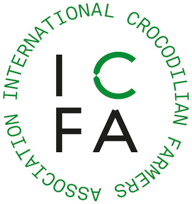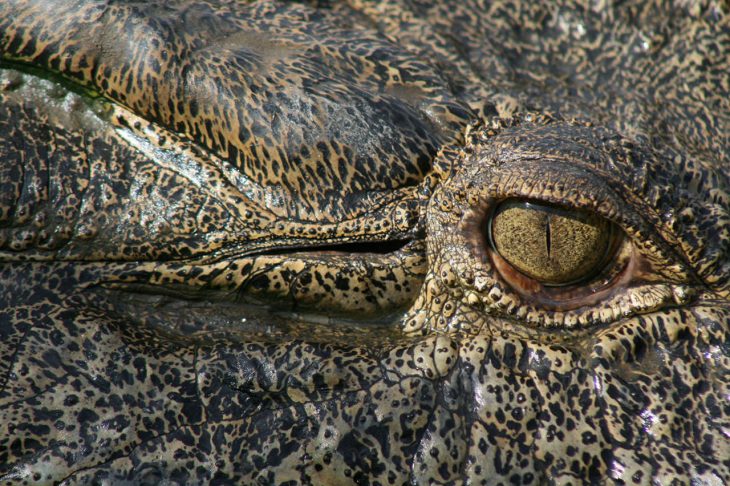IUCN Blog
Editorial
Crocodile and alligator farming are a relatively new form of conventional animal production. Historically, there was no sustainable management of wild gator populations – often considered pest species – and so wild populations declined. This decline stimulated efforts to “farm” crocodiles in the 1950’s, for commercial and conservation purposes.
When the Convention on International Trade in Endangered Species of Wild Fauna and Flora (CITES) came into force in 1975, efforts to farm crocodiles and alligators increased exponentially on all continents. Two basic production strategies were used: closed-cycle captive breeding, which was disconnected from the wild, and ranching, the managed harvest of wild eggs and juveniles, which remains connected to and dependent on the wild population. On-farm strategies for raising juveniles are the same for both production methods. Within ranching operations, the purchase of eggs from landowners, who own and manage swamps, provides tangible incentives to conserve habitats the crocodiles and alligators need to survive – Incentive-Driven Conservation.
As a recent animal production industry, research, innovation, traditional knowledge and experience have all shaped today’s farming technologies. Most world production of skins now comes from highly sophisticated production enterprises, with infrastructure and operating procedures akin to large-scale conventional domestic animal production. There remain village-level enterprises, which historically had restricted access to technology, but this is all starting to change with increased communication technologies and knowledge sharing.
Improved production efficiency on crocodile and alligator farms, as with conventional agricultural production, is intimately linked to science-based animal welfare, fundamentally aimed at ensuring farms animals are healthy. This provides reassurance to consumers, themselves increasingly interested that animal welfare, conservation impacts and workplace equity meet moral and ethical standards applied to other animal production industries.
To meet these expectations, the International Crocodile Farmers Association (ICFA) set about developing formal farming standards, based on the latest technical knowledge and practice. The standards are amenable to formal certification, at the individual farm level. But it is a « living document », which can be adapted as new research results become available. The ICFA standards are outcome-focussed, where the most important criteria of compliance is the end result – are the animals on the farm healthy?
The extension of these standards to village-level farms will be a gradual process based on mutual respect and understanding. It is known that some traditional ways of farming, based on traditional knowledge, produce healthy animals despite no formal production standards having been adopted.
In any overview, ICFA considers consumers should seek guarantees that the products they purchase are ethically sourced, in three separate spheres: good animal welfare; positive conservation outcomes; and, improved livelihoods for local people. ICFA production standards are being implemented now, will continue to be in future, and will be adapted as new insights are gained through scientific research.

